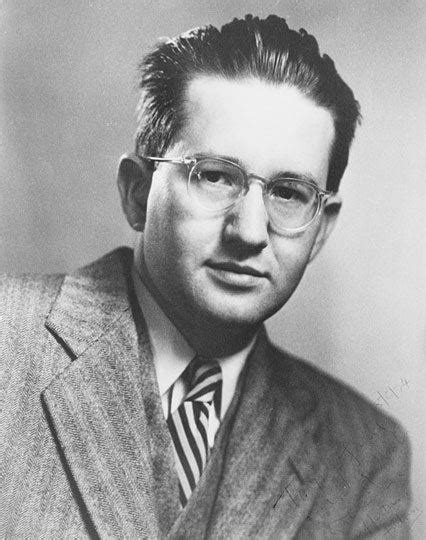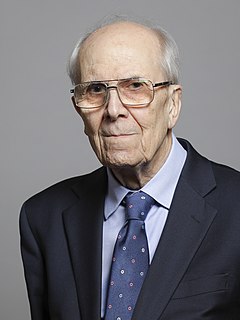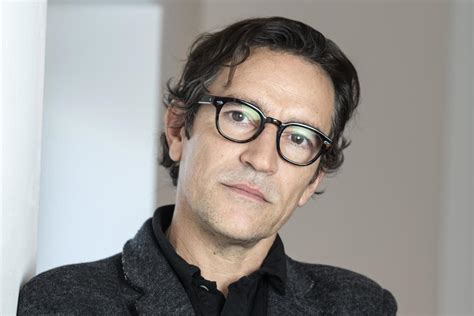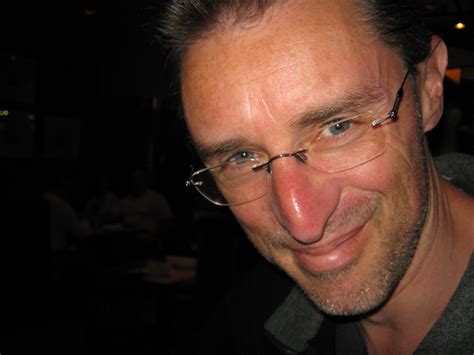A Quote by Terry Glavin
If you rely on a more conventional understanding of the term 'left-wing' as being associated with gradations of socialism in the emancipation of the working class, the Leap Manifesto looks something more along the lines of what the great British socialist and essayist George Orwell was on about in 'The Road to Wigan Pier' in 1937.
Related Quotes
Think about George Orwell's three-minute hate from the novel '1984' and how that left everyone sort of exhausted and able to live their boring humdrum lives. If our lives are going to continue being unfulfilled and boring, perhaps we do need some sort of short-term violent chaos incorporated into them, to make them more palatable.
I have no intention of slurring over the differences we have with socialism, nor concealing my belief that we are the National Party of Great Britain, representing not narrow class interest, nor the bigotry of the left wing intellectuals, but all those who support the British tradition of democracy, of personal freedom, of personal responsibility for one's own affairs and those of one's family, with the least possible interference from the State.
The struggle for socialism is the struggle for proletarian (working class) democracy. Proletarian democracy is not the crown of socialism. Socialism is the result of proletarian democracy. To the degree that the proletariat mobilizes itself and the great masses of the people, the socialist revolution is advanced. The proletariat mobilizes itself as a self-acting force through its own committees, unions, parties, and other organizations.
We mustn't fear to adopt the advanced management methods applied in capitalist countries. The very essence of socialism is the liberation and development of the productive systems. Socialism and market economy are not incompatible. We should be concerned about right-wing deviations, but most of all, we must be concerned about left-wing deviations.
One of the best and most challenging books about Orwell is by the socialist literary critic Raymond Williams. As a critic - and, in some ways, as a figure, at least within the academy - Williams was what England had in the generation after Orwell, and toward the end of his life, he became more critical of his predecessor.



































